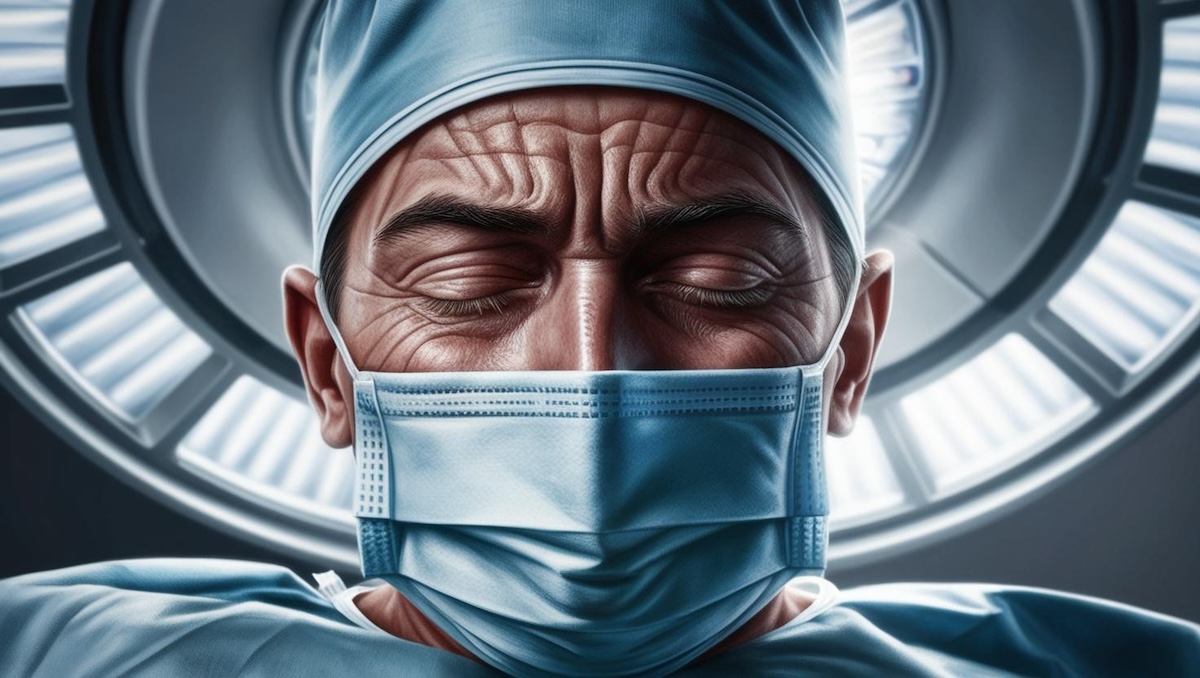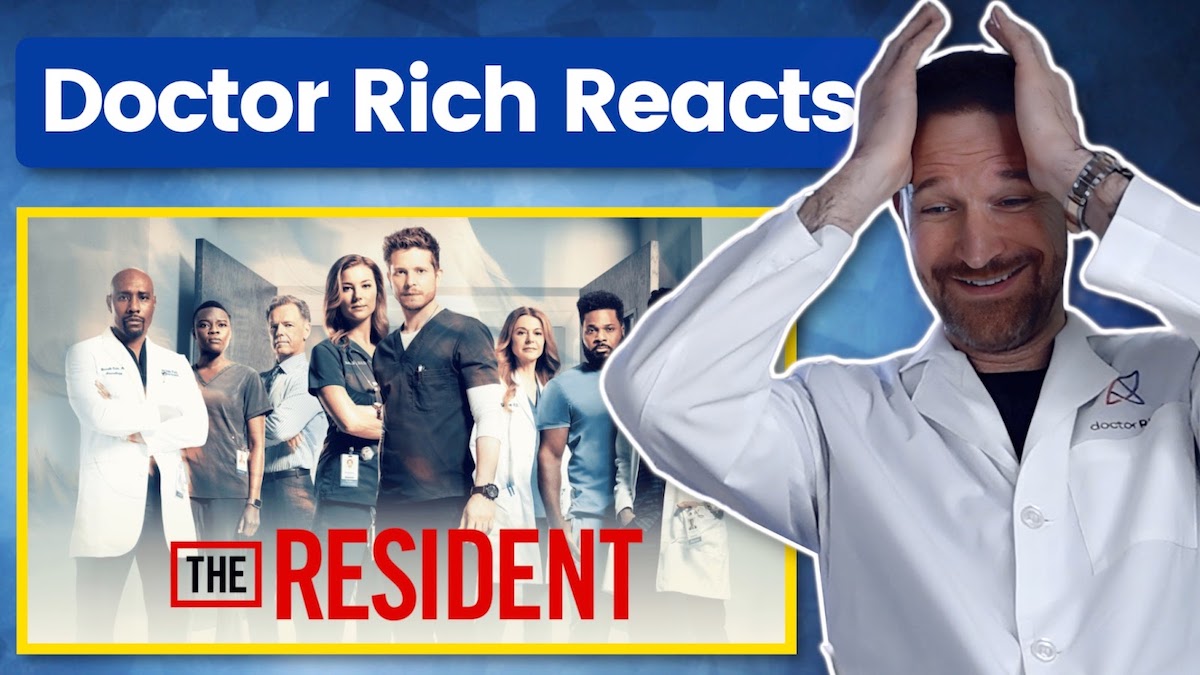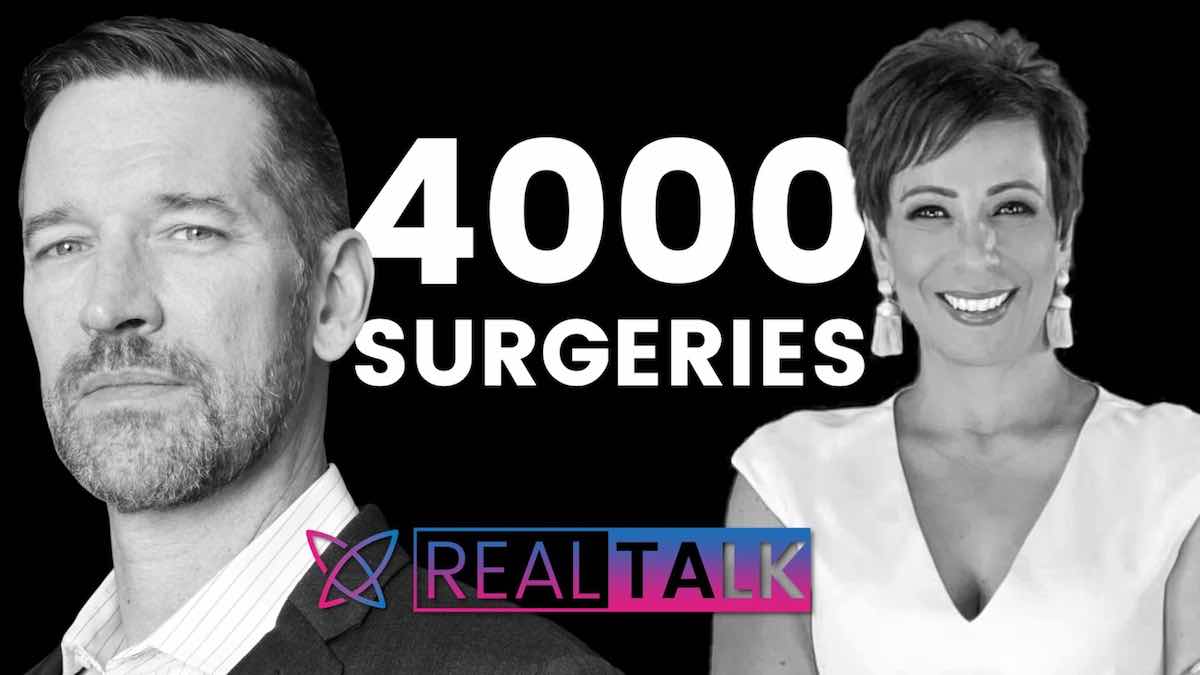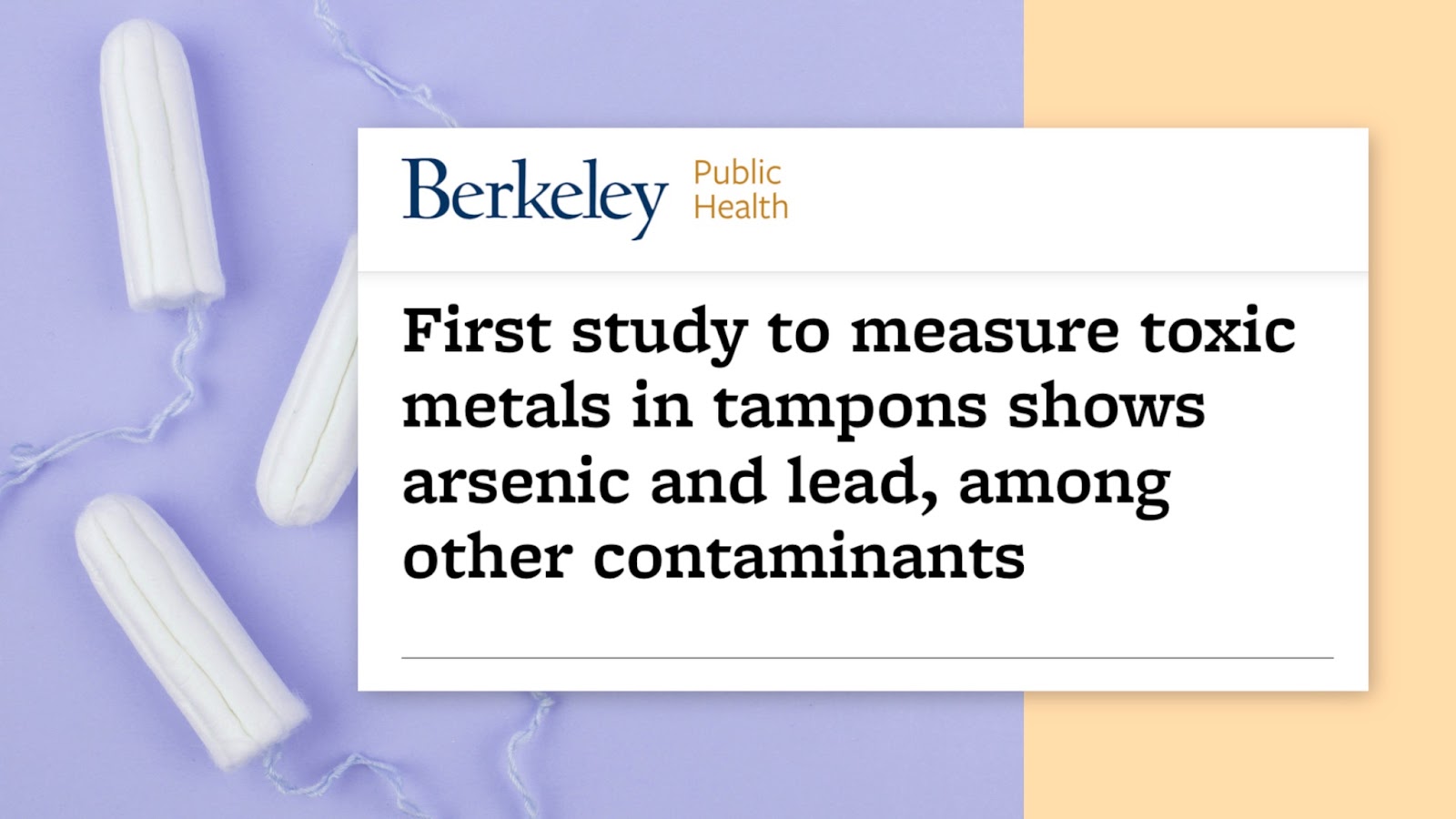Doctor Rich:
October is Breast Cancer Awareness Month. Women’s health providers (and all doctors) are encouraging all of their patients to get their annual screening — as early detection is the key to breast cancer survival!
Earlier this year, we had the chance to sit down with local celebrity and news anchor Estela Casas. She shared with us some incredible insights about her battle with breast cancer.
So today, I’d like to share some highlights of that video and share some of her thoughts and words of encouragement. And be sure to stick around to the end where I’ll tell you the three things that you can do to reduce your cancer risk.
Don’t have time to read this post? Watch the video here instead!
I remember that you texted me when I made my announcement on TV. You were one of the first ones who said, “Hey, I’m here. I’m sorry to hear what you’re going through, but I’m here for you.” And I really appreciate that you included me in your life — and I was able to include you in my journey as well. That’s important to me! And I have a feeling that that is a connection you make with a lot of your patients — because it’s important for everybody to know that we’re not alone.
You know, when we’re in it, you forget that there are other people who’ve been through the same thing you have. And that’s why it’s so important to be able to share that. And to be able to share that opportunity with you is also important! Because the more, you know, the more you are empowered to take care of your own health — and education is key. And you have to be your own advocate!
I think it’s important to tell women to schedule their first mammogram or their first pelvic exam. It’s very important to tell them that they have to take ownership of what they’re (many times) embarrassed for somebody else to see.
Doctor Rich:
Yeah.
Estela Casas:
And I just remember, just you making me feel very comfortable and explaining everything to me — what was going to happen. And despite the scariness of it all, you made me feel comfortable.
Doctor Rich:
And I think one of the big things about our channel is empowering women to understand that they do have a choice.
A lot of women come in who are suffering — and maybe they’ve been suffering for a long time. These women are afraid to even go to the doctor because they’re embarrassed or they’ve heard a story from someone they knew who had surgery (say, a hysterectomy with an incision), and they had problems. And these women end up suffering or, God forbid, even end up developing cancers because they were just afraid. Or maybe even afraid that the treatment is going to be uncomfortable. And none of those things necessarily have to be the case.
Estela Casas:
Well, first of all, women need to know that you have to come in with a lot of questions.
Doctor Rich:
Yeah.
Estela Casas:
Because we certainly don’t know it all! So it’s very important for a woman to come in with a list of questions that you (as a doctor) will answer. And the better relationship you have with your doctor, the better! But yeah. It’s embarrassing, and you don’t like to talk about these very private things! And as the Hispanic culture and community, we are not used to going to get a pelvic exam or checking your breasts for lumps.
Doctor Rich:
There’s a taboo.
Estela Casas:
There is a taboo!
And although things have changed, there’s still, you know, some embarrassment there. And so I’m just very grateful that you made me feel comfortable enough to not feel intimidated, or less than, or embarrassed.
And that’s what I advise women: you have to stop and take ownership of your body. You have to take ownership of yourself to be able to ask all those questions of your doctor — and stay on top of your health!
So what happened to me was that I’d had a mammogram eight months before. I was on top of my health! You know, I took care of myself and was very well aware of my periods. And when there were changes in my body, I was very well aware and on top of my health.
I’d had a mammogram eight months before, and I developed stage one, stage two in that time. And this is somebody who’s informed and educated about their health! I’m an advocate and all those things — and it still happens. And it happens to everybody! You can develop cancer anywhere.
Doctor Rich:
Vulnerability is not a sign of weakness — it’s a sign of strength.
And it’s empowering to people to say, “Okay, well, this is someone I look up to — and many people look up to — and she is human and these things happen.” And if you have these questions in your life, you need to go and you need to get these questions answered. You need to have whatever tests need to be done. And hopefully, everything turns out fine, but occasionally, we’re going to find something. And when we do, the key to all of these things is early detection.
Estela Casas:
Absolutely, I’ve always advocated for early detection.
You talk about vulnerability — it is very hard to be vulnerable. But what I’ve learned from being vulnerable is that you find strength in not only yourself but in the people around you who give you that strength. All because you opened yourself up. Because you became vulnerable. And everybody rallies behind you — because you’re real! You are raw! And it’s certainly helped me.
And it was really humbling: I put myself out there every single day with my wigs, and with my fake eyelashes, and with my nose bleeds during a newscast.
Doctor Rich:
Yeah.
Estela Casas:
But women need to know (and men need to know too) that we can and should take control of our health and be our own best advocate — and reach out to you.
Doctor Rich:
I’m honored that you’ve shared all of these vulnerabilities with me and with your audience. And I know the effect on that is immeasurable. I appreciate you being able to help us send this message through our channel as well.
A big thanks to Estela for sharing her time and her insights. We want all patients to get their clinical breast exam, do a monthly self-exam, and get a mammogram every year to have the best chance at early detection. And if there’s any abnormality, don’t delay additional testing.
Thanks for reading. You all know someone who won’t get screened or someone who has cancer and is suffering. Please share this video.




